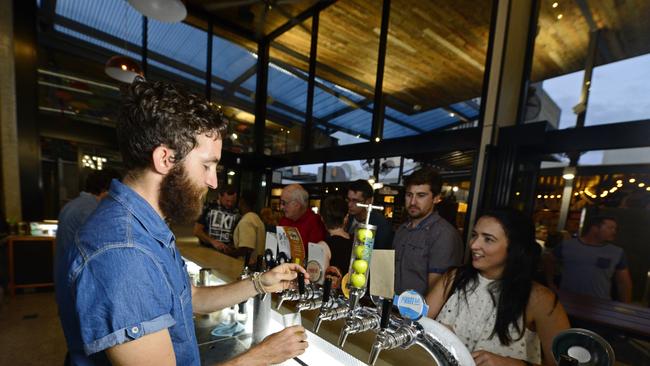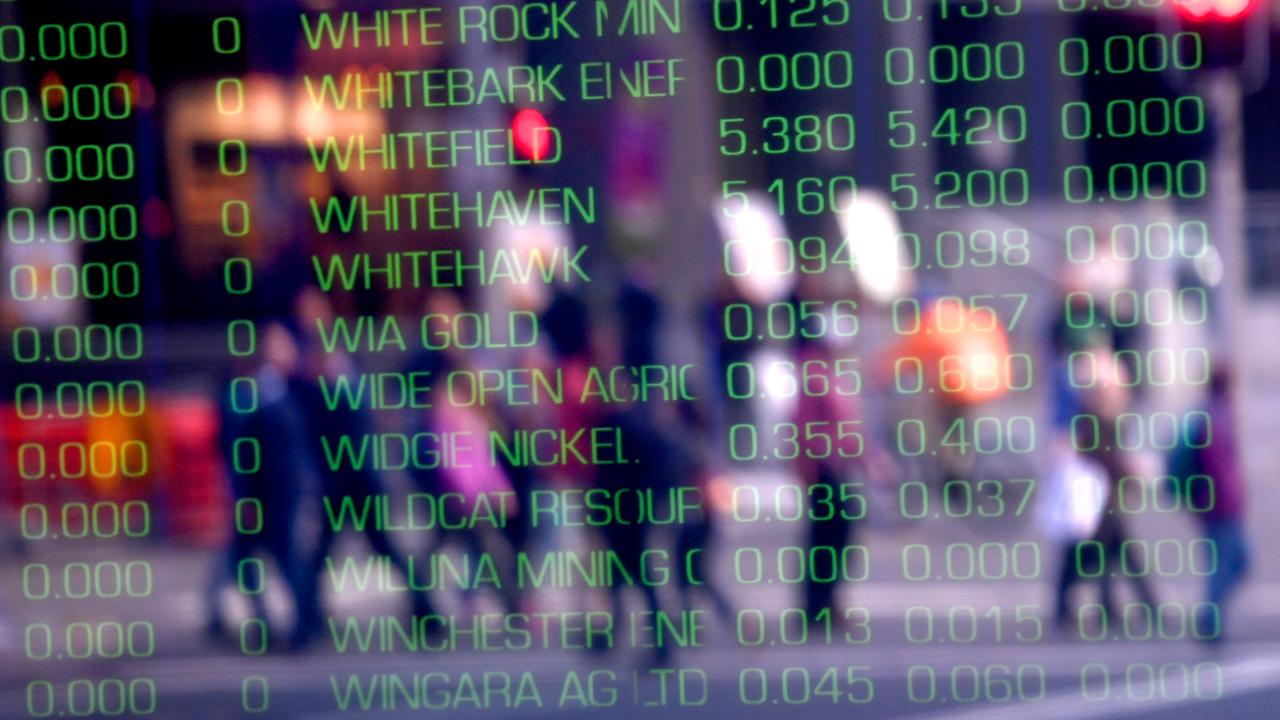Victorian firms grew more gloomy as national corporate mood improved: NAB
Corporate conditions and confidence improved last month, but the employment outlook remains weak and Victoria is lagging, NAB says.

The mood among businesses lifted a little further in September and operating conditions improved to levels recorded before the COVID-19 crisis, as a stream of government stimulus announcements and further easing of restrictions around the country bolstered confidence.
However the impact of the second wave of coronavirus cases remained evident in Victoria, where conditions worsened slightly and were “notably weaker” than the other states, according to NAB’s monthly business survey.
The corporate confidence index rose 4 points, but pessimists still outweighed optimists with the gauge at -4pts in the month. The overall conditions index lifted 6pts to zero.
“While confidence and conditions have rebounded relatively quickly, forward looking indicators remain soft after only seeing marginal gains in recent months,” NAB chief economist Alan Oster said.
“Forward orders remain very weak which likely is a driver of weak confidence and suggests that capacity utilisation will likely only gradually recover.”
Crucially ahead of a budget focused on generating the growth and jobs to drive the recovery, while the measures of trading conditions and profitability moved positive, the employment index remained firmly below zero, at -8pts despite an improvement over the month.
“At face value, this suggests on average firms are still shedding workers,” Mr Oster said.
By state, all aside from Tasmanian and Victorian reported improving conditions in the month.
West Australian firms reported the most favourable operating environment, while Queensland, South Australia and Tasmania were also positive.
NSW was just below the threshold of improving and deteriorating conditions, while Victoria was the weakest by some margin, the report showed.
“Confidence increased in the month, building on the gains of last month, and is now well above the trough in March,” Mr Oster said.
“That said, it remains negative and likely fragile. Interestingly, while retail has performed strongly in recent months, these businesses do not expect this to continue. While retail currently sees the best conditions, it is likely that, as government support fades and households adjust to a weaker labour market, retail pulls back.”




To join the conversation, please log in. Don't have an account? Register
Join the conversation, you are commenting as Logout